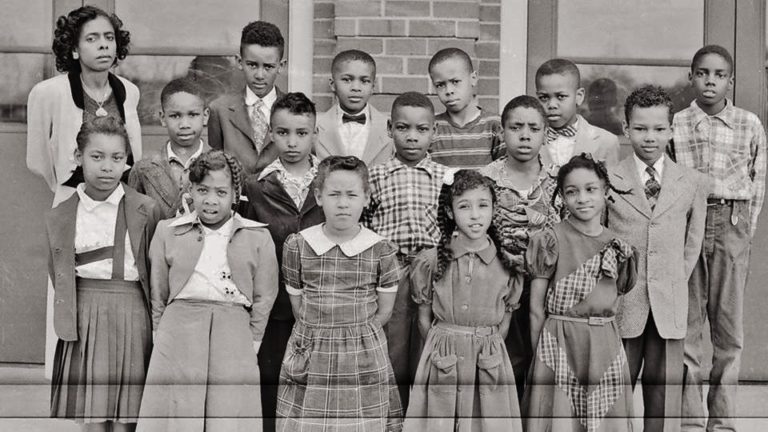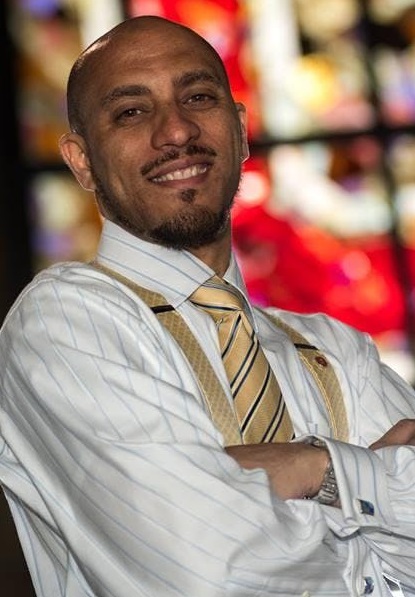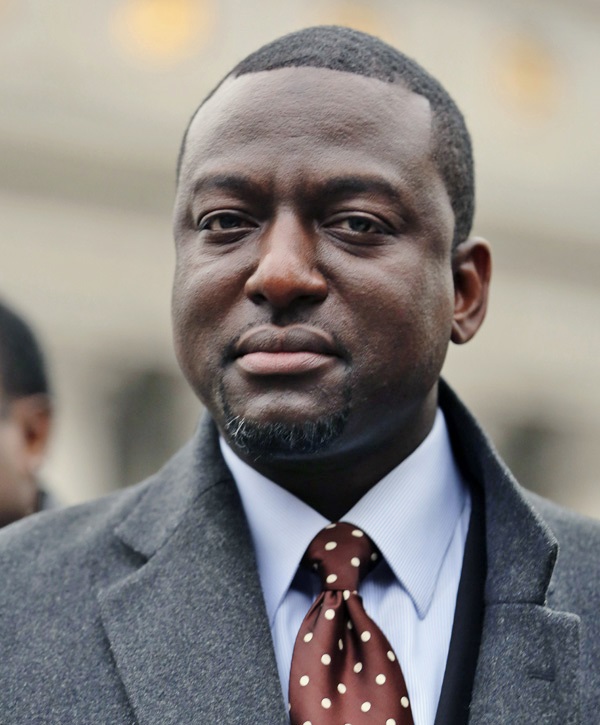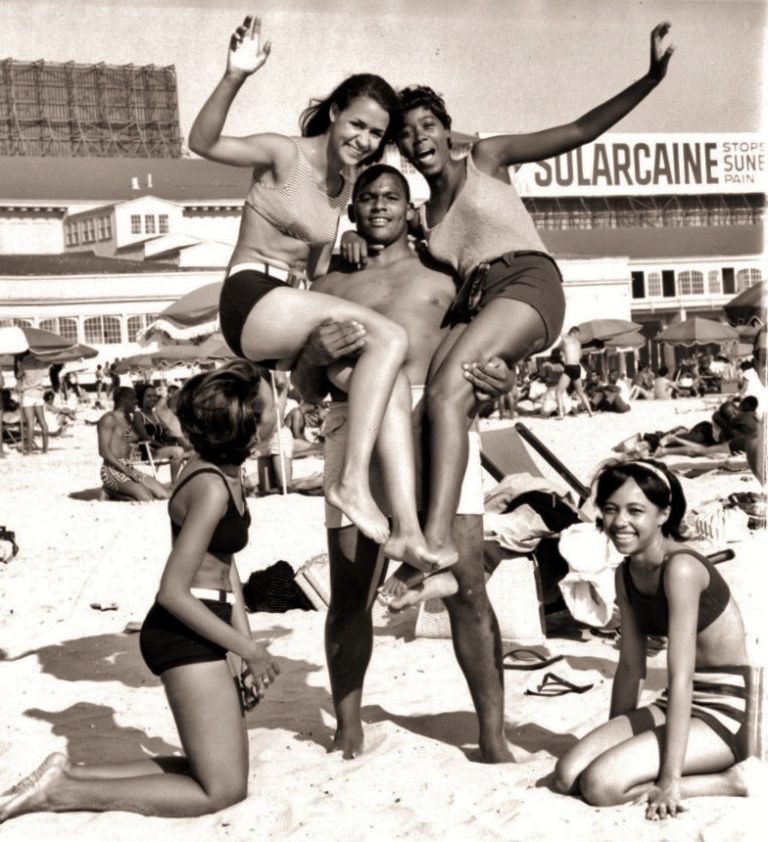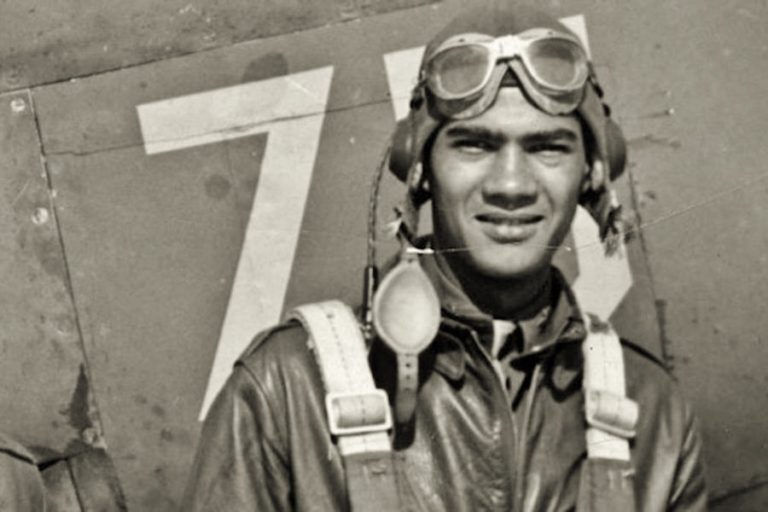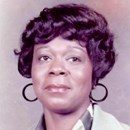December 26, 1966, the first Kwanzaa holiday (December 26 to January 1st) was celebrated. Kwanzaa was introduced to African-Americans in 1966, by Dr. Maulana Karenga to promote, teach and connect African-Americans with their African heritage of seven foundational principles practiced throughout the African Diaspora. the celebration of Kwanzaa is celebrated in many African-American communities nationwide.
December 27, 1927; Harriet Elizabeth Brown, a Black teacher from Calvert County, contacted attorney Thurgood Marshall about the disparities of teacher’s pay of whites making twice the salary of Black teachers. She sued the county based on a violation of the 14th amendment of the U.S. Constitution. On December 27, 1837, her case was settled and the Calvert County Board of Education agreed to equalize the salaries of all teachers regardless of race.
December 28, 1941; Knoxvillian Bill Wysinger played football at Morris Brown College in Atlanta and was on the 1941 Negro All-America team of the best college football players (mostly from the South) and later played in the Negro National Football League.
December 29, 1966; Robert Weaver (December 29, 1907-July 17, 1997) an economist and political administrator became the first Black person appointed to a presidential cabinet position. Weaver was U.S. Secretary of Housing and Urban Development from 1966 to 1968, under Pres. Lyndon Johnson, after serving on the administration of Pres. John F. Kennedy.
December 30, 1901; world-renowned artist Beauford Delaney was born in Knoxville, Tennessee. After moving to New York, he became a premiere artist during the
Harlem Renaissance era before moving to Paris where he was acknowledged as an
abstract expressionist for years before he died there in 19xx. The last known Knoxville home of the Delaney’s on Dandridge Avenue, Knoxville is under renovation and soon to be opened as The Delaney Museum at Beck.
December 30, 1842; Born a slave in Winchester, Virginia, Josiah T. Walls was Florida’s first Black member of Congress. He served in the Civil War and taught at the Freedmen’s Bureau in Gainesville. Walls represented Alachua County at the 1868 convention. In 1870, the Florida Republican party nominated Walls for the U.S. House of Representatives. He won over former slave owner and Confederate veteran, Silas Niblack, and was later elected to the State House and State Senate.
December 31, 1862, was the first New Year’s Eve Watch Night gathering of freed and enslaved African-Americans seeking protection in churches, thickets and hiding places across the South in anticipation of freedom at midnight when the Emancipation Proclamation law to abolish slavery in Confederate states would take effect. Slaveowners proclaimed to kill all slaves before they would be freed, which prompted Southern slaves to seek refuse. Watch Night became a traditional New Year’s Eve celebration at Black churches that culminates at midnight with a meal.
PROVIDED BY: Beck Cultural Exchange Center, 1927 Dandridge Ave., Knoxville, TN. Beck is the storehouse of artifacts and information of the lives of Black East Tennesseans, which includes pictures, documents, souvenirs, historical accountings of their experience. For more information, visit BeckCenter.net; Email, BeckCenter@BeckCenter.net; Phone, 865.524.8461.



